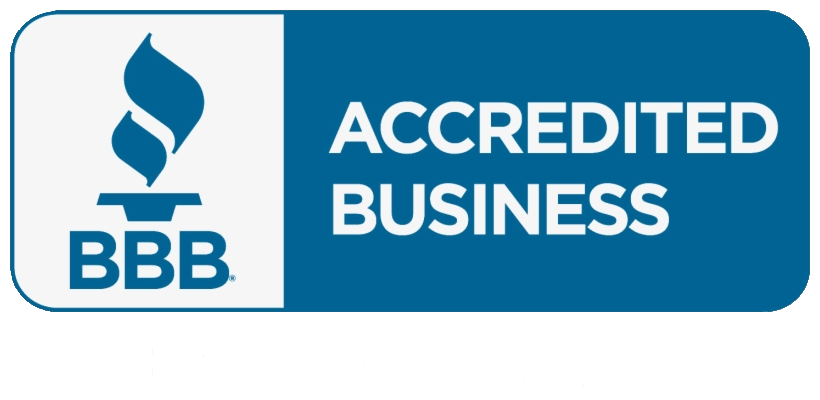Generally, the Internal Revenue Service (IRS) does not consider NY workers’ compensation benefits to be taxable income. The IRS, in Publication 907, specifically states that workers’ compensation benefits for job-related sicknesses or injuries are not taxable. This tax exempt status applies if the worker receives these benefits under a workers’ compensation act or law. In New York State, the Workers’ Compensation Law controls payment of benefits to injured workers. So, as a general matter, these payments are not eligible for federal income tax. This includes weekly wage replacement benefits and lump sum compensation payments. It also applies to death benefits paid under the Workers’ Compensation Law. However, importantly, an injured worker still must report all workers’ compensation benefits received to the IRS.
There are Times When Workers’ Compensation Benefits are Taxable
Workers’ compensation benefits can become taxable in certain situations. For one, if the injured worker’s employer continues to pay salary while the worker is out, that salary typically remains taxable. This is because salary is paid by an employer and it is not a compensation payment made by an insurance carrier. Sometimes, the insurance carrier will reimburse the injured worker’s employer for some of the salary paid.
The Workers’ Compensation Board may direct such a payment. In that scenario, only the salary paid by the employer above and beyond the reimbursed amount will be subject to income tax. Also, sometimes a worker is receiving both workers’ compensation benefits and Social Security benefits. If that is the case, federal income tax laws will usually apply. Workers’ compensation payments may become taxable. Receipt of workers’ compensation awards also may offset Social Security payments.
An injured worker should never assume any benefits, including workers’ compensation benefits, are not taxable. Every injured worker getting workers’ compensation benefits should provide his or her accountant with all sources of income. This includes any and all income in the form of disability benefits. The worker should also save all workers’ compensation decisions received in the mail and provide them to his or her accountant. If the worker is receiving Social Security benefits, all workers’ compensation decisions must be forwarded to the Social Security Administration. Doing so will ensure proper reporting for tax purposes.
What if I Did Pay Taxes?
If an injured worker feels they paid taxes on workers’ compensation payments in error, he or she should immediately consult with an accountant. Typically, in such a case, the accountant will assist with the filing of an amended tax return. Doing so could entitle the injured worker to a tax refund. If you have questions about whether your workers’ compensation payments are taxable, contact the workers’ compensation lawyers at The Platta Law Firm today. We are glad to discuss your case with you.




